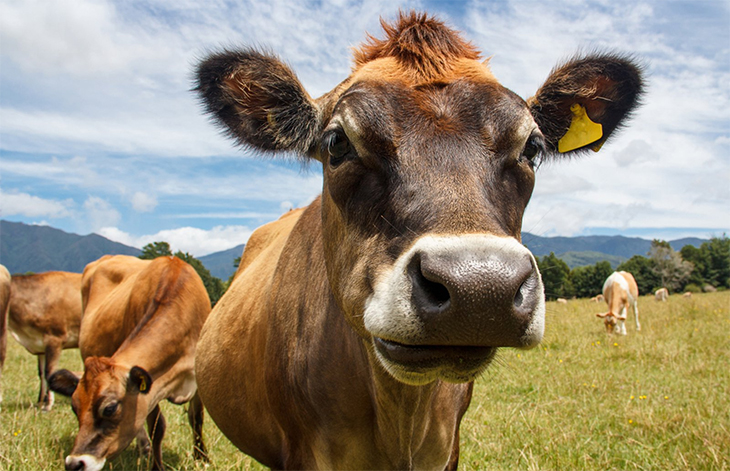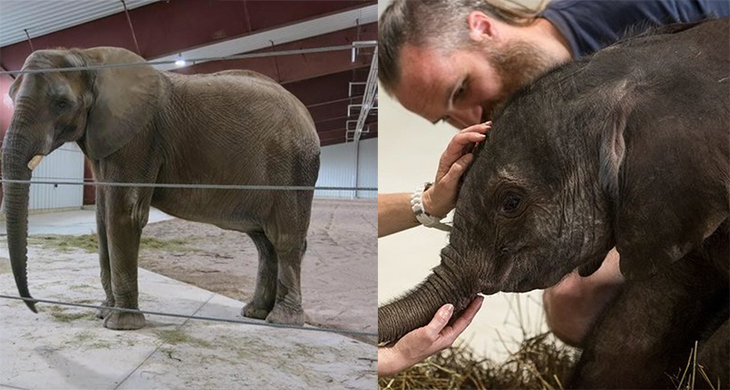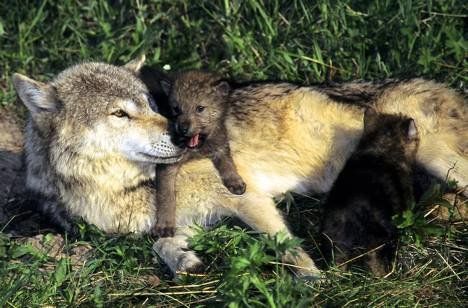By: Kate Good/One Green Planet The name Cargill might not be familiar to your average grocery shopper in the United States, but they are the largest privately held food and agriculture company in the world. Cargill has managed to gain this status primarily from their agricultural commodity business, working in trading, purchasing, and distributing goods like grains, palm oil, and common food ingredients like starch, vegetable oils, glucose syrups and other items. While these different business dealings have helped Cargill amass an enormous amount of wealth, one of their largest endeavors is raising livestock and producing feed. This company is one of the nation’s four largest beef producers that collectively control more than 70 percent of the U.S. beef market.
As such a powerful force in the global agro-economy, Cargill has been the subject of much criticism in the past. From their ties to deforestation in their palm oil business to the abject devastation wrought on the Gran Chaco region of South America for livestock feed production, Cargill has been the target of many environmental campaigns.
Knowing the stake Cargill has in the livestock industry, their recent move to sell off two of their cattle feedlots in the U.S. comes as a huge shock. According to a press release in Reuters, Cargill Inc. announced it will exit the business of feeding cattle to direct capital toward other investments, the latest transformation for the global commodity trader.
Back in July of 2016, Cargill sold its feed yards in Bovina and Dalhart, Texas, and now they have made another move to untangle themselves from the livestock business by selling the two remaining cattle feedlots in Kansas and Colorado. Effectively, Cargill is done with raising livestock for slaughter – although reports indicate that they will continue to purchase livestock from the two companies that have taken over these feedlots, for processing.
While this move is significant in itself, what is possibly even more shocking is where Cargill plans to redirect their investment: plant-based protein. In a statement, spokesman Mike Martin explained that Cargill wants to expand its North America-based protein business by exploring plant-based protein, fish, and insects, along with other opportunities linked to livestock and poultry.
John Keating, president of Cargill’s Wichita-Kan, based protein business operations, and supply chain, echoed this sentiment in an interview with the Star Tribune: “Selling our two remaining feed yards aligns with our protein growth focus by allowing us to redeploy working capital away from cattle feeding operations to other investments.”
When it comes to expanding their focus on protein and growing into new sectors, choosing to invest in plant-based protein is plainly a smart business move on Cargill’s part. Increasingly, consumers are demanding cleaner, plant-based sources of protein – especially considering rising knowledge and concern over animal welfare and environmental impact of meat consumption. Not to mention, from a personal health standpoint, concerns over high levels of antibiotics and hormones in animal products, in addition to reports linking meat consumption to cancer, people are starting to view meat as a less than ideal protein source.
With an evolving definition of protein and a growing consumer base that is already spending around $600 million on meat alternatives annually, there is a huge opportunity for meat companies to expand their offerings to include plant-based proteins.According to some estimates, the plant-based meat market is set to reach $5.2-billion by 2020 and could make up one-third of the market by 2050. The fact is people want products that are better for them and better for the environment, and they are redefining the future of protein in the process.
One of the world’s largest meat processors, Tyson Inc., has already started incorporating plant-based protein options into their portfolio, taking five percent ownership over Beyond Meat, and it was only a matter of time that other major meat producers took notice. Cargill may not be getting out of the beef production game, but this move signals a growing realization that the future of protein as we know it is changing – and by and large, it is becoming increasingly plant-based.




